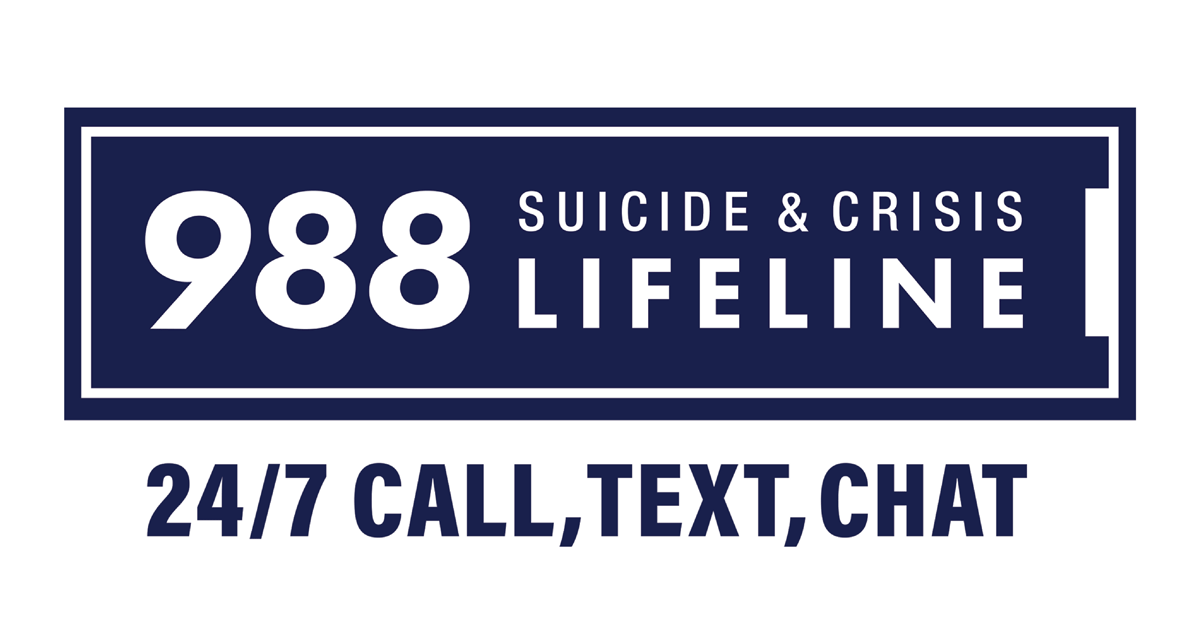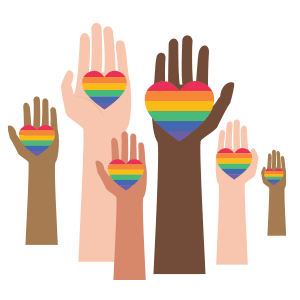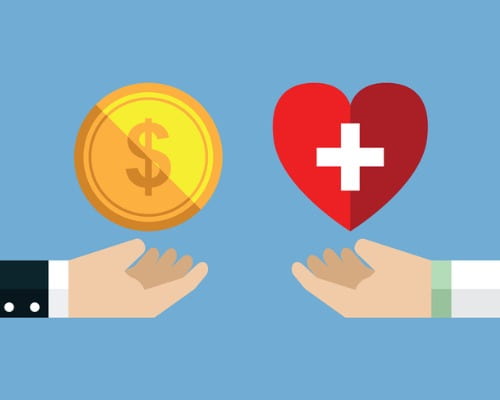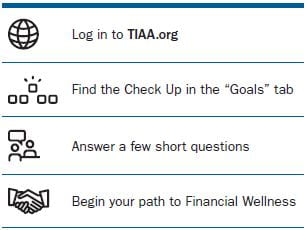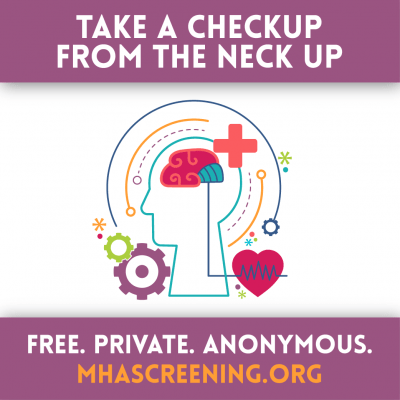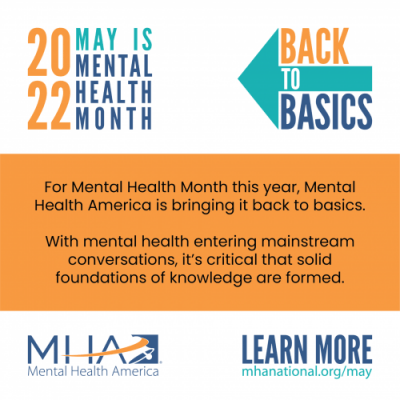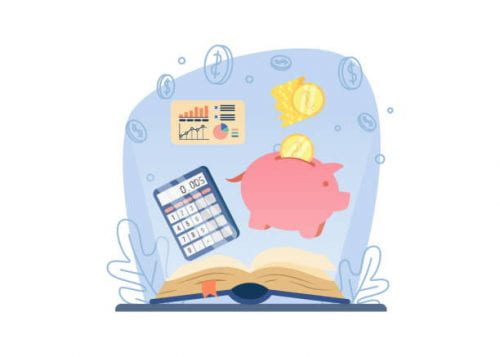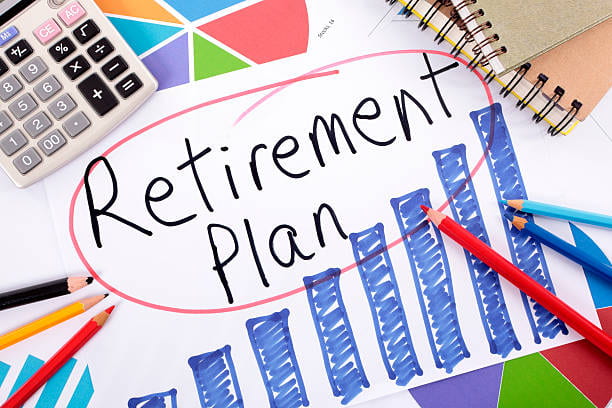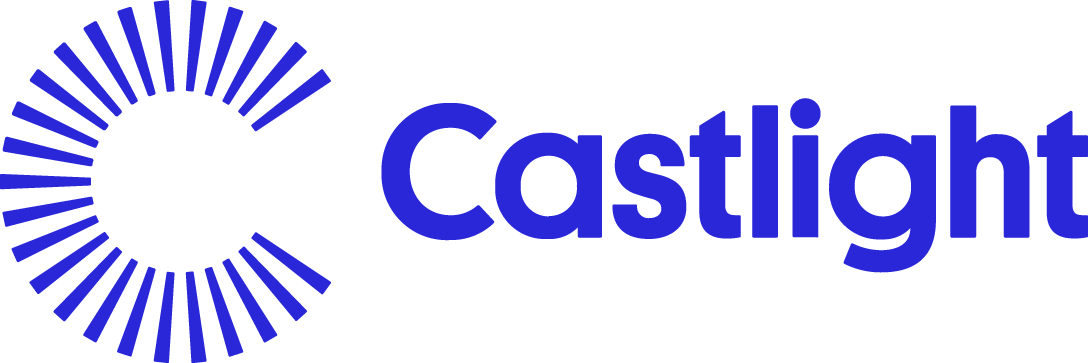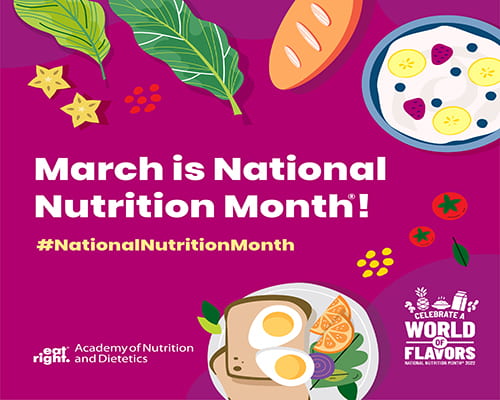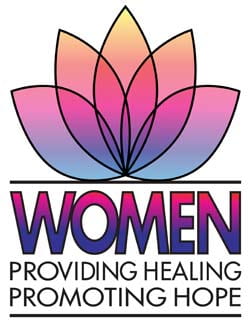Are you the go-to person for your loved ones when they need help? If so, you are probably well aware that this can be stressful and take up a lot of your time and energy! Learning when—and how—to establish boundaries is an important pillar of self-care and overall well-being. Consider these benefits of boundary setting.
Helps you know your worth. When you become the go-to person for friends and family members—and maybe even coworkers—sometimes people may intentionally or unintentionally take advantage of your kindness and willingness to help. If you feel that you are repeatedly being asked in this manner, “no” is the best response to prevent this from continuing.
Allows you to focus on your well-being. Will helping cause you stress, emotional distress or negatively affect your well-being? If so, this might be a situation where you should say “no” to prioritize your well-being.
Keeps your priorities at the top of your list. Consider the impacts of saying “yes.” How will this affect things that are on your priority list? By setting boundaries, your priorities will in fact remain a priority, rather than being shifted by someone else’s needs.
Sets the other person up for success. Maybe the person needing your help is so accustomed to your support that they ask you before considering their other options. When you decline to help, be prepared to offer solutions so that they can still get the support they need and they can learn to problem-solve their own issues.
Helps you avoid burnout. This is especially important for work! Establishing boundaries between life and work can help you be more productive and feel better about your contributions in both places.
Enables you to recharge your batteries. Making space for activities and people that boost, rather than drain, your spirits allows you to rest and restore the things you need to feel good.
Don’t feel ashamed of taking care of yourself first. After all, if you are not taking care of yourself, how can you be there for others? As a reminder, you and your household members can give the GW EAP a call for free, confidential support and referrals 24/7.


